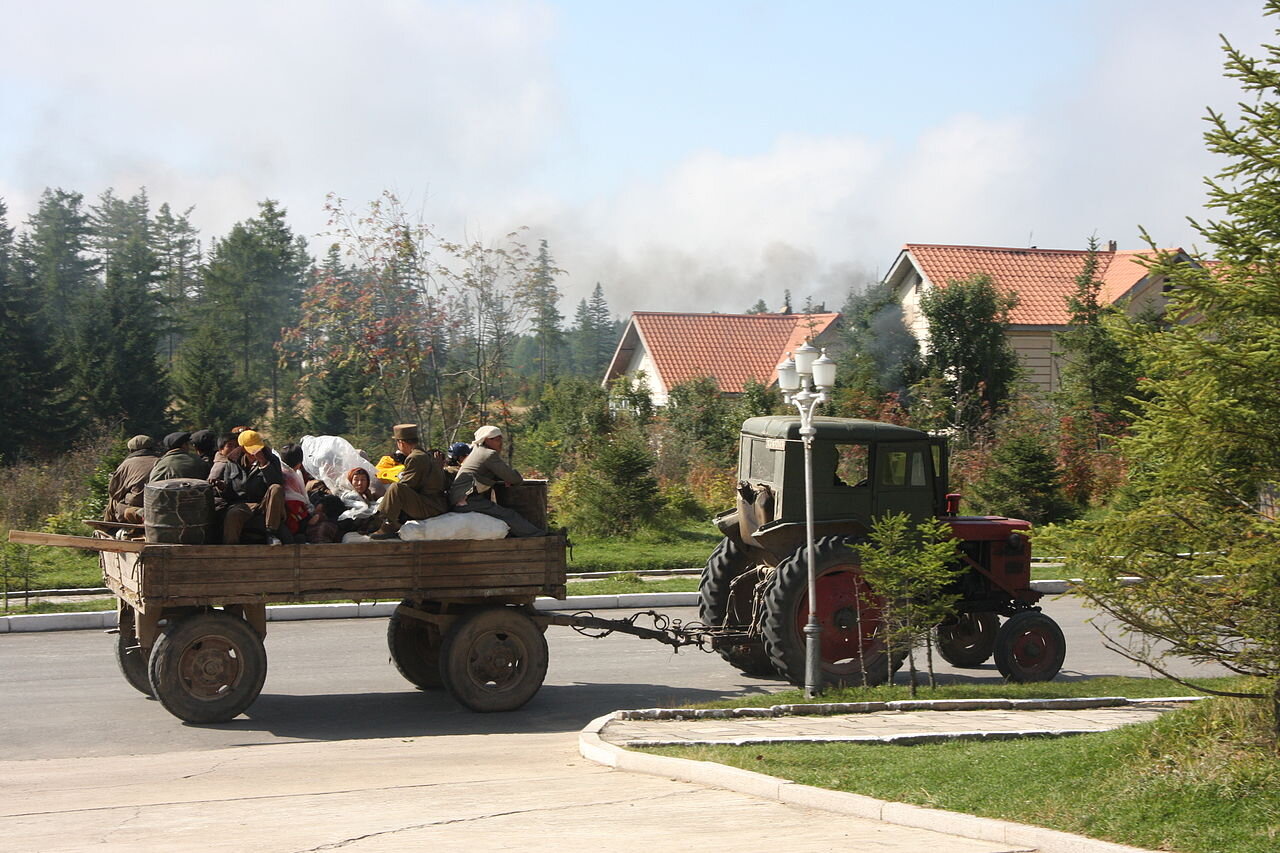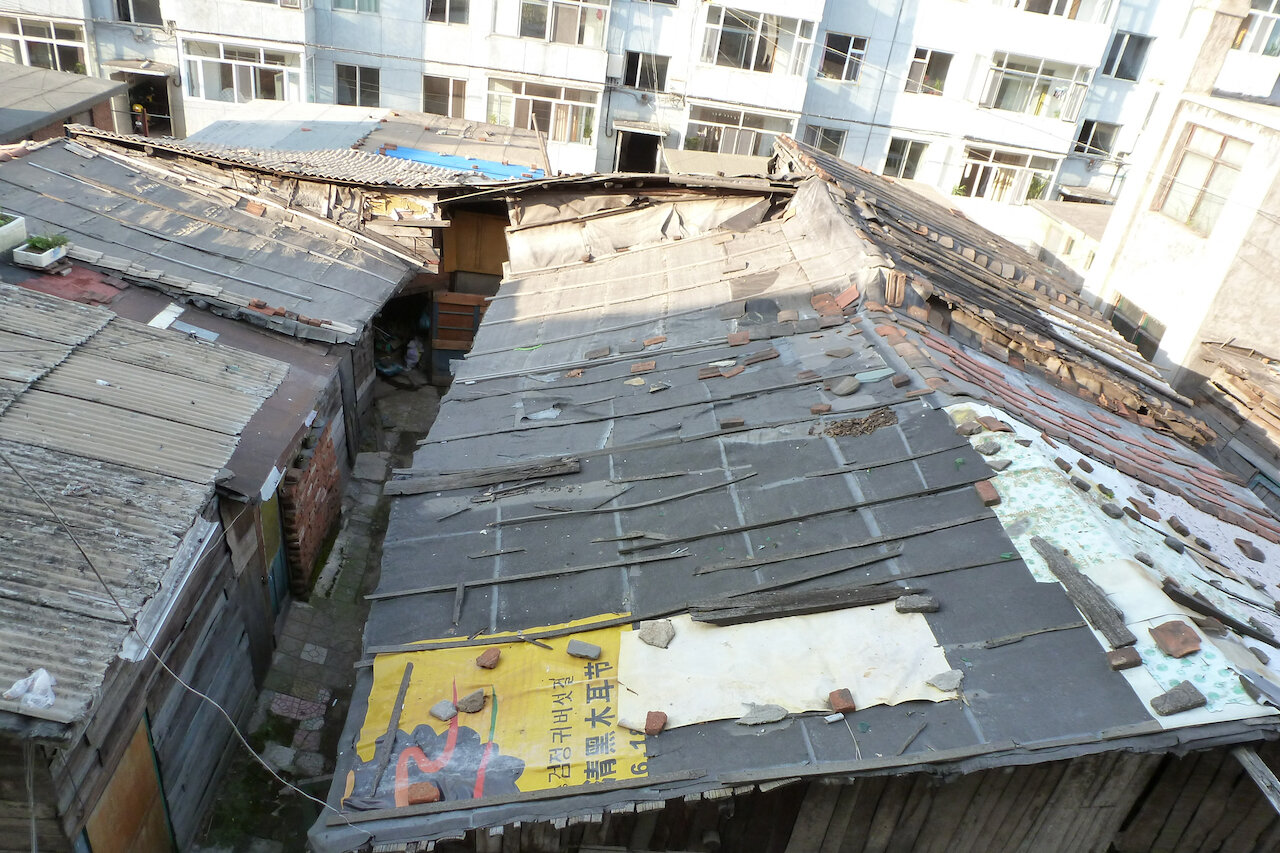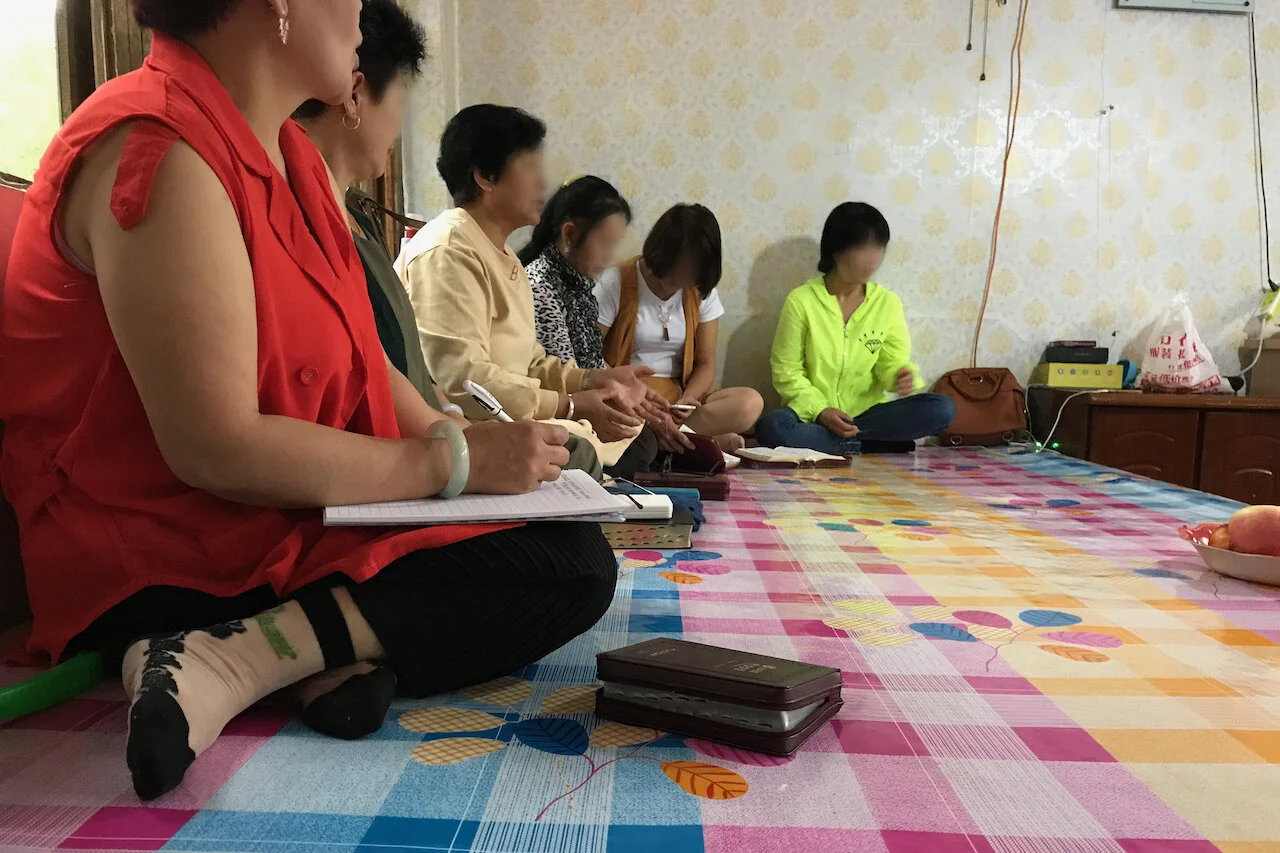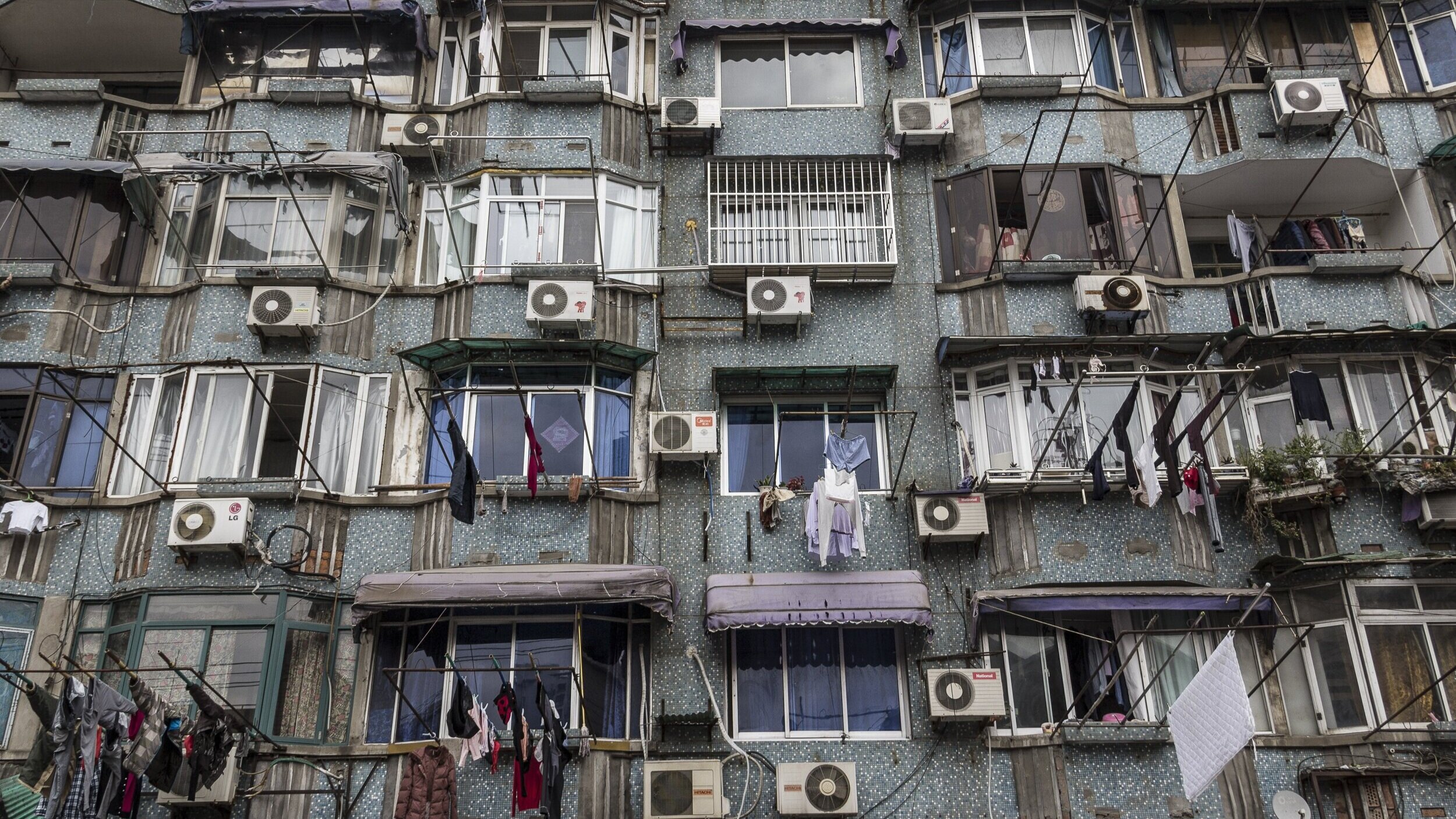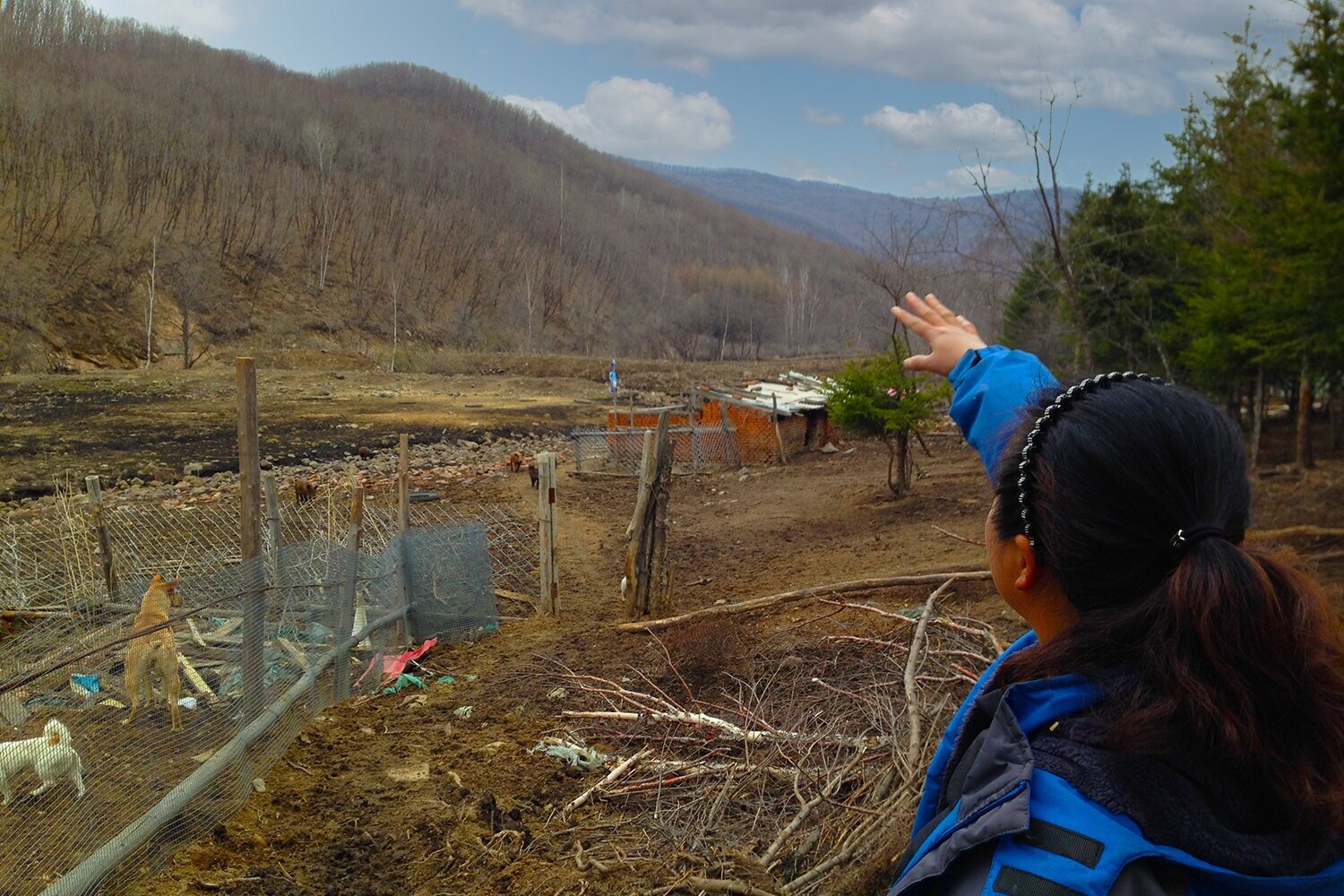North Korea profoundly shaped Trump’s first year as president. Trump’s diplomacy has left a mixed legacy. Will relations with North Korea soil or solidify Biden’s presidential reputation?
It has been a tumultuous season of anticipation in the United States as for almost three months, the results of the American elections have been held in contention. Eagerly eyeing the results were not just the country’s own citizens but nations around the world. As President Joe Biden steps into office this month, analysts are setting their eyes on one of the biggest threats that shaped Donald Trump’s first year in office - North Korea.
Trump’s “Will They, Won’t They” Relationship with North Korea
At times, it seems unclear as to what exactly Trump’s oscillating diplomatic relationship with North Korea resulted in. Relations between Trump and North Korean leader Kim Jong Un seemed to swing from one extreme to another.
In 2017, the first year of Trump’s presidency, the Nuclear Threat Initiative (or NTI) recorded 20 confirmed missile tests over the course of twelve months in North Korea, sixteen of which were successful launches. Some of these tests were aggressive displays of force, as recorded by CNBC. In early September of 2017, North Korea tested its most powerful nuclear bomb to date, according to seismic readings. Later in the same month, Japan placed its citizens on high alert as two missiles travelled over the country and into the sea. North Korea also displayed its largest and most powerful intercontinental ballistic missile capable of reaching anywhere in the US in November.
But 2018 diplomatic relations with North Korea transformed dramatically. As if a switch had been flipped, both leaders, Trump and Kim, began heralding promises of disarmament and peace. The newly turned page of diplomacy culminated in a historic meeting between the leaders of the United States and North Korea in the spring of 2018. Analysts, however, were concerned as North Korea never stopped production of fissile nuclear material. As former President Trump percolated over “love letters” and “falling in love” with Kim Jong Un in September of 2018, it was at times difficult to remember that the two leaders were goading one another with insults like “dotard” and “rocket man” almost exactly a year prior.
The confrontational insults returned only two months later, in December of 2018. Relations between North Korea and the United States began to grow sour once again throughout 2019 and 2020. Though Trump and Kim met in Vietnam in February 2019, negotiations ended early and abruptly as neither party could reach agreement on disarmament. Representatives from North Korea who spoke with American diplomats later that year accused the United States of inflexibility in negotiation or diplomacy. North Korea began to rebuild the missile facilities it had torn down in 2017, seemingly digging up the very hatchet it had buried in agreements with the Trump administration. North Korea resumed missile launches, testing 27 rockets from January through December of 2019.
In 2020, even in the midst of a global pandemic, North Korean Foreign Minister Ri Son Gwon issued the following statement: “Never again will we provide the U.S. chief executive with another package to be used for achievements without receiving any returns… Nothing is more hypocritical than an empty promise.” After the destruction of the Inter-Korean Joint Liaison Office in June of 2020, Seong-hyon Lee, an analyst of the South Korean Sejong Institute remarked that North Korea’s ongoing destabilization of relations with South Korea was an attempt to escalate tensions with and demolish the diplomatic achievements of the Trump administration, throwing more chaos into an already restless year.
North Korea Prepares Unpredictable Challenges
As it became clearer that the Biden administration would take office in 2021, North Korea began a strategic sequence of events to set the table for an inevitable showdown with the incoming Biden administration. The position that North Korean leaders have prepared has mixed messages.
On January 8th, Kim Jong Un made a series of speeches in Pyongyang through Workers’ Party meetings over the course of eight days. “Our foreign political activities should be focused and redirected on subduing the U.S., our biggest enemy and main obstacle to our innovated development,” announced Kim. “No matter who is in power in the U.S., the true nature of the U.S. and its fundamental policies towards North Korea never change…”
Kim further promised to advance nuclear weaponry with more precise and powerful rockets in the upcoming year. The weapons, however, Kim stated, were designed to grow North Korea’s leverage in meetings with the United States and that he did not intend to “rule out diplomacy.” Instead, North Korea must “drive diplomacy in the right direction and guarantee its success,” according to Kim. John Deulury, a historian of the Yonsei University in Seoul, noted that Kim’s works were "not exactly an olive branch, but it's not slamming the door, by any stretch of the imagination, either.”
Days later, North Korea’s state television aired a national military exhibition in which the nation unveiled its newest models of submarine-launched missiles and solid-fuel weapons. Both types of weapons are designed to expand North Korea’s capability to strike foreign targets with nuclear missiles. Assessing the footage, Professor Leif-Eric Easley of the Ewha University in Seoul, stated that the feature content was very likely to be a provocation toward the new Biden administration.
Biden’s Burden
It is not yet clear what North Korea’s stance will be toward the new American president. Whether 2021 can expect more missile launches or willingness to take steps toward some form of limited diplomacy remains to be seen. The timing of Kim Jong Un’s hostile words against the US could seem coincidental. But before a global audience and in the early days of his presidency, it burdens Biden to make the right strategic response as North Korea continues to be a threat to both South Korea and the US.
Related Posts
North Korea: a Nation Built on Rhetoric
Hot and Cold: North Korea’s Shifting Diplomatic Tone in 2018







